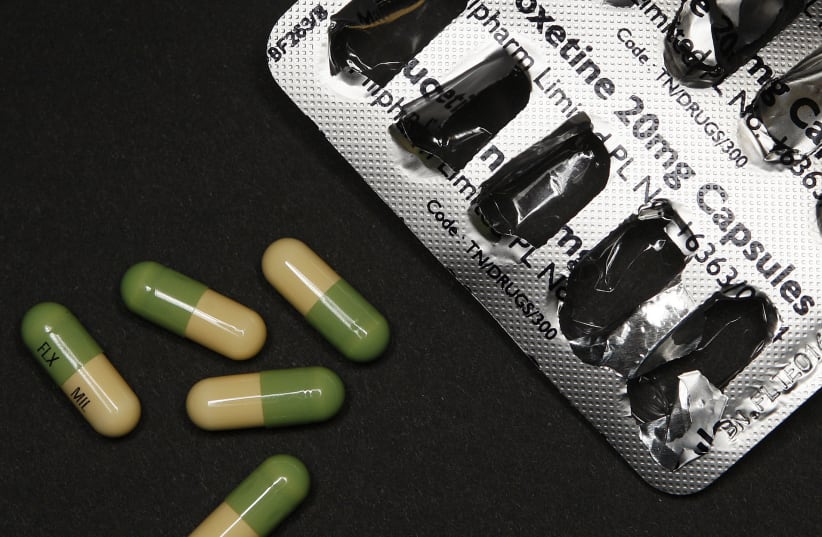People who take selective serotonin reuptake inhibitor antidepressants (SSRIs), specifically fluoxetine or fluvoxamine, may be less likely to die of COVID-19 than people who do not take these drugs, a recent study found.
The study, conducted by researchers at the University of California, San Francisco (UCSF), and Stanford University, including Marina Sirota, PhD, a member of the Bakar Computational Health Sciences Institute (BCHSI) at UCSF and an associate professor of pediatrics, was published on Monday in the peer-reviewed Journal of the American Medical Association (JAMA) Open.
The team gathered data on about 500,000 patients using health records from the Cerner Real World COVID-19 de-identified database. 83,584 of these were adults infected with COVID-19 between January and September 2020, 3,401 of whom were prescribed SSRIs.
Based on this information, patients who were prescribed fluoxetine were 28% less likely to die than those who were not taking SSRIs. Furthermore, those who were prescribed fluoxetine or fluvoxamine were 26% less likely to die, and those who were prescribed any SSRI were 8% less likely to die.
Sirota said that while the numbers showed "significant association" between SSRIs and lower COVID-19 mortality rates, it is unclear if the medications directly caused these effects, according to UCSF.
The findings may impact future research into COVID-19 treatment.
Tomiko Oskotsky, MD, a research scientist at Sirota’s lab, expressed excitement about the implications of the study.
“The results are encouraging," UCSF quoted him as saying. "It’s important to find as many options as possible for treating any condition. A particular drug or treatment may not work or be well tolerated by everyone. Data from electronic medical records allow us to quickly look into existing drugs that could be repurposed for treating COVID-19 or other conditions.”

